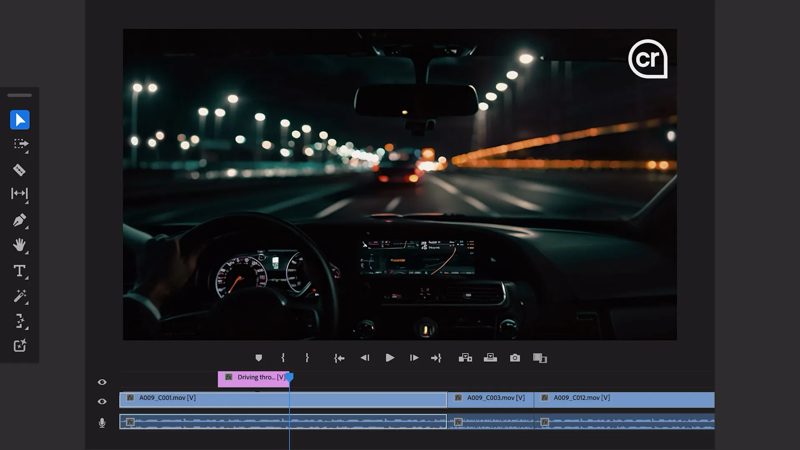
YouTube Warns Revised Broadcast Bill Could Hurt Canadian Creators

YouTube on Friday warned that the federal government’s revised broadcasting bill could potentially cause Canadian digital creators, from YouTubers and streamers to influencers, to lose out on earnings, reports CP24.
In a briefing provided to the press, YouTube Canada said by forcing platforms to promote Canadian content within the country, Bill C-11 risks diminishing the reach of that same content abroad, which is where the bulk of local content creators’ revenue comes from.
The proposed legislation would force platforms like YouTube to promote locally-made content in Canada more than foreign content. However, the algorithms employed by YouTube and other streaming platforms promote videos based on their performance and each user’s preferences.
So if a domestically-made video does not perform well in Canada, it will lose favour with YouTube’s algorithms and will end up being served to fewer users by the platform’s suggestion logic, not just in Canada but across the entire world. The bill could ultimately skew YouTube’s popularity algorithm and result in Canadian digital creators making less money due to lower exposure abroad.
Professor Michael Geist, Canada Research Chair in internet and e-commerce law at the University of Ottawa, believes this is a possible consequence of the proposed revisions of Canada’s Broadcasting Act.
“Canada punches above its weight when it comes to the creation of this content, which is worth billions of revenue globally,” said Geist. “We are talking about an enormous potential revenue loss for Canadian content producers.”
Geist says that Bill C-11 would make platforms like YouTube and TikTok “force-feed Canadian content” that people might not usually choose to watch, rather than curated content based on their preferences. As a result, users might not engage with most of the content they are served, giving the platform’s algorithms the impression that the content is not good, not popular, or both, and therefore should not be promoted as heavily elsewhere in the world.
Last month, Geist questioned whether the CRTC even has the technical expertise to regulate online media, which sits a few steps outside the commission’s wheelhouse.
According to YouTube, 90% of watch-time on content produced by Canadian YouTube channels came from outside the country in 2020. In 2020, Oxford Economics’ calculations revealed that YouTube contributed $923 million in video revenue, ad payments, and royalty payments to Canada’s gross domestic product.
The number of Canadian creators making $100,000 on YouTube is rapidly increasing every year.
In its current condition, Bill C-11 seeks to give the Canadian Radio-television and Telecommunications Commission (CRTC) dominion over only commercial online content, but it leaves determining what qualifies as commercial content up to the commission (under government-recommended guidelines).
Bill C-11 was tabled by Heritage Minister Pablo Rodriguez in February. Its predecessor, Bill C-10, failed to pass prior to the last election, largely due to fears that it would regulate user-generated content on social media platforms.
The government has said that Bill C-11 would not regulate user-generated content and would even give platforms the freedom to decide how they promote Canadian content. Mr. Rodriguez has even added a line in the new bill exempting such content.
Laura Scaffidi, a spokeswoman for Mr. Rodriguez, said the legislation would give online streaming platforms the freedom to “choose how they contribute and how they make Canadian commercial content easier to find.”
According to YouTube, however, a legal assessment of the current language of Bill C-11 reveals that it could still give the CRTC the authority to regulate user-generated material.
“Clearer definitions and more precise language are needed to ensure the bill doesn’t unintentionally scope in digital creators and negatively impact the thousands of Canadian creators on YouTube and the millions of Canadians who use YouTube every day,” said Jeanette Patell, head of government affairs and public policy at YouTube Canada.
“Minister Rodriguez has been clear that Bill C-11 is not intended to impact digital creators. We’re focused on working with officials to make sure that this intention is accurately reflected in this extremely complex legislation.”
In February, Minister Rodriquez said the federal government will “listen to the experts” on Bill C-11 and is willing to consider changes to the proposed legislation.

